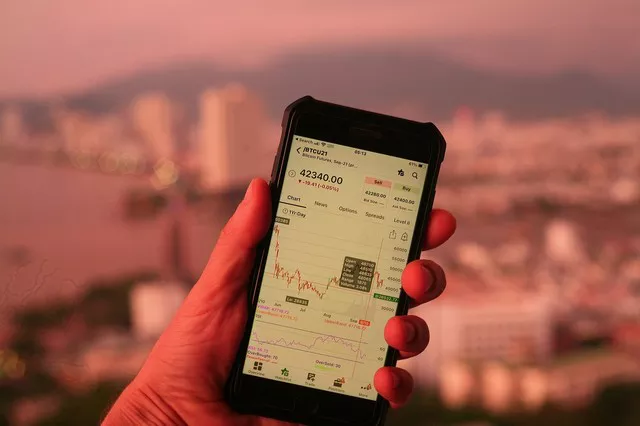Futures prices are subject to a multitude of factors that shape their movement and determine their value in the market. Understanding these factors is essential for futures traders seeking to make informed decisions and effectively manage their positions. In this comprehensive guide, we will explore the various factors that influence futures prices. We will examine economic, geopolitical, and market-specific factors, highlighting their impact on futures markets and providing traders with a holistic understanding of price dynamics.
Economic Factors
Supply and demand dynamics:
1. Changes in supply levels, such as production disruptions or changes in inventory levels, can impact futures prices.
2. Shifting demand patterns, influenced by factors like economic growth, consumer behavior, or government policies, affect price trends.
3. Seasonal variations, such as weather conditions or harvest cycles, also influence supply and demand dynamics.
Interest rates and monetary policy:
1. Central bank actions, such as changes in interest rates or monetary policy, impact the cost of borrowing and can influence futures prices.
2. Lower interest rates may stimulate economic activity and increase demand for certain commodities, potentially leading to price increases.
3. Tightening or loosening monetary policy can affect investor sentiment and market liquidity, impacting futures prices.
Macroeconomic indicators:
1. Economic indicators like GDP growth, inflation rates, employment data, and consumer confidence can influence futures prices.
2. Positive economic data can boost investor confidence and increase demand for futures contracts, leading to price appreciation.
3. Conversely, negative economic indicators may dampen sentiment and result in price declines.
Geopolitical Factors
Political stability and unrest:
1. Political stability fosters a favorable environment for economic growth and can positively impact futures prices.
2. Political unrest, conflicts, or policy uncertainties can disrupt supply chains, create volatility, and influence futures prices.
3. Geopolitical events, such as trade disputes or international tensions, can have ripple effects on global markets and affect futures prices.
Regulatory changes and policies:
1. Government regulations and policies, such as tariffs, subsidies, or environmental regulations, can impact futures prices.
2. Changes in regulatory frameworks or trade agreements can introduce uncertainty and influence supply and demand dynamics.
3. Policy decisions related to taxation, subsidies, or energy production can directly affect specific futures markets.
Currency fluctuations:
1. Currency exchange rates influence the competitiveness of exports and imports, impacting futures prices of related commodities.
2. Fluctuations in currency values can affect the cost of raw materials, transportation, and international trade, impacting futures prices.
3. Traders need to monitor currency movements and their correlation with futures prices to manage risk effectively.
Market-Specific Factors
Speculative activity and investor sentiment:
1. Speculative trading activity and investor sentiment can significantly impact futures prices.
2. Increased participation from speculators can introduce volatility and lead to price fluctuations.
3. Market sentiment, influenced by factors like news events or technical analysis, can drive short-term price movements.
Market liquidity and trading volumes:
1. Liquidity, reflected in trading volumes and open interest, affects futures prices.
2. Higher liquidity allows for easier entry and exit from positions, minimizing price impact.
3. Low liquidity or illiquid markets may result in wider bid-ask spreads and increased price volatility.
Technological advancements and market access:
1. Advancements in technology and electronic trading platforms have increased market accessibility and trading efficiency.
2. Faster execution speeds and improved market data dissemination can impact futures prices.
3. Traders should stay abreast of technological developments and ensure they have access to reliable market data and trading tools.
Conclusion
Futures prices are influenced by a wide range of factors, including economic indicators, geopolitical events, and market-specific dynamics. Successful futures traders must understand and analyze these factors to make informed decisions and manage their positions effectively. By considering the economic climate, geopolitical landscape, and market-specific factors, traders can navigate the complexities of futures markets and enhance their trading strategies to optimize their chances of success.


